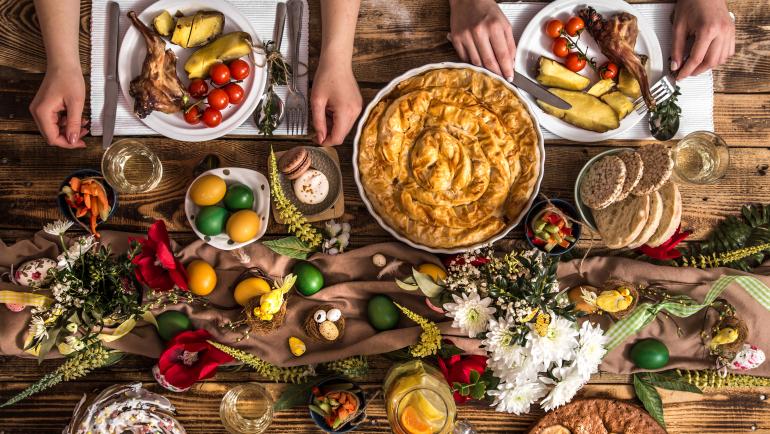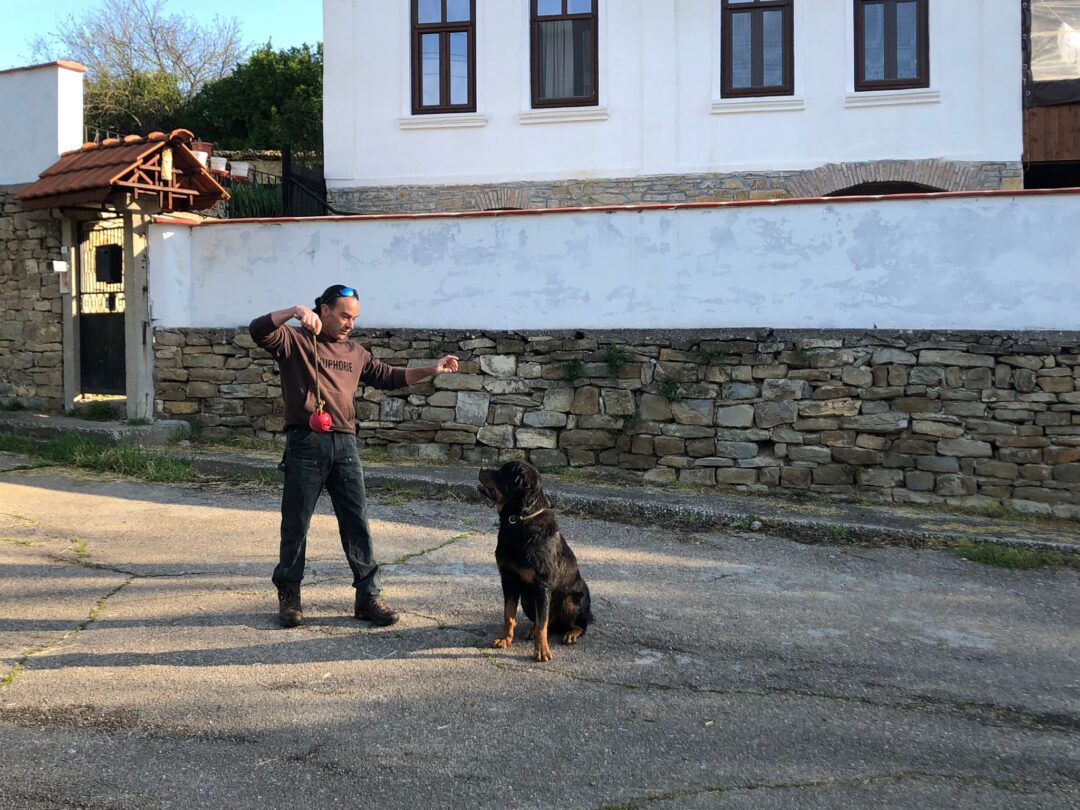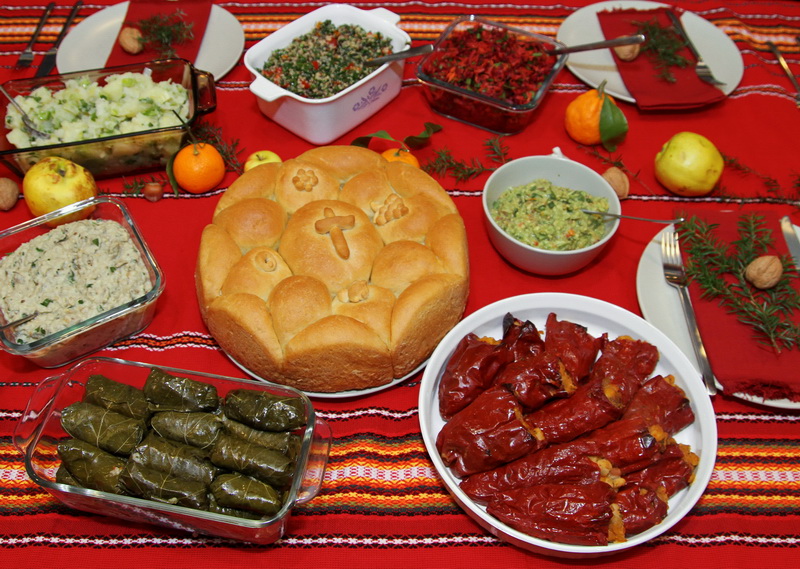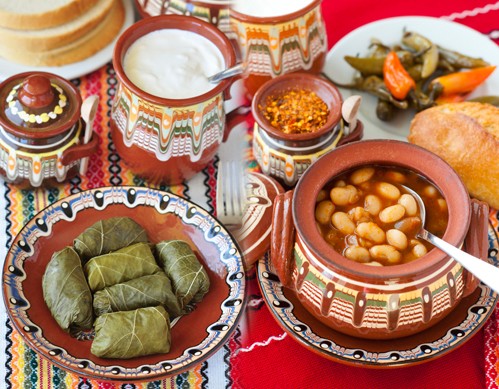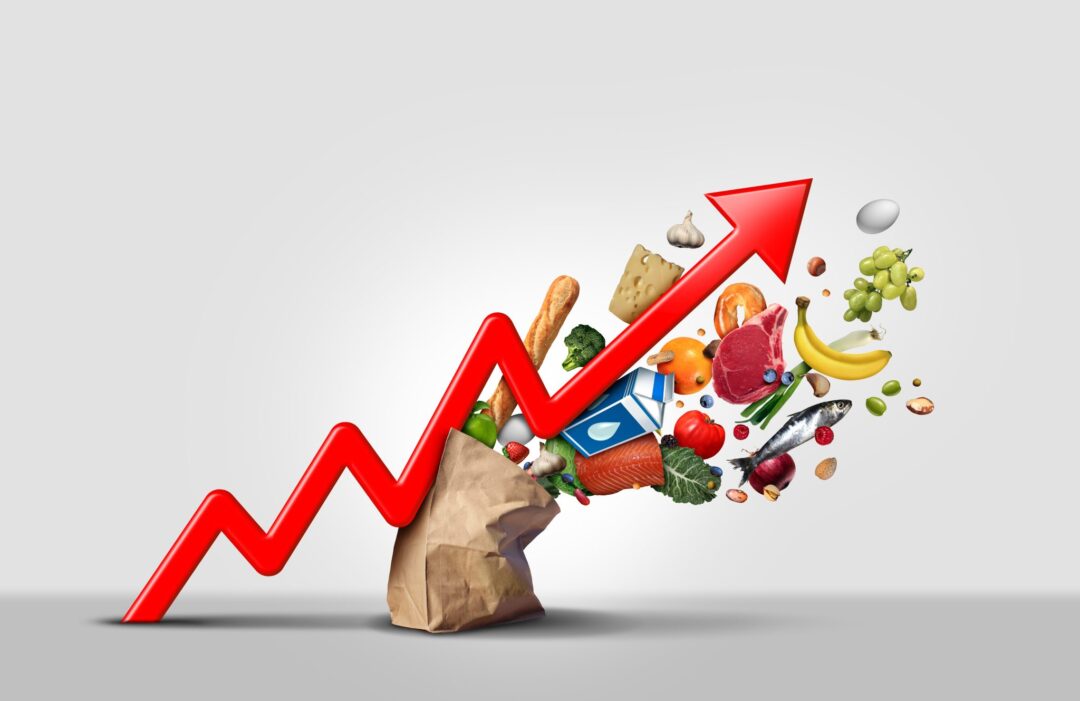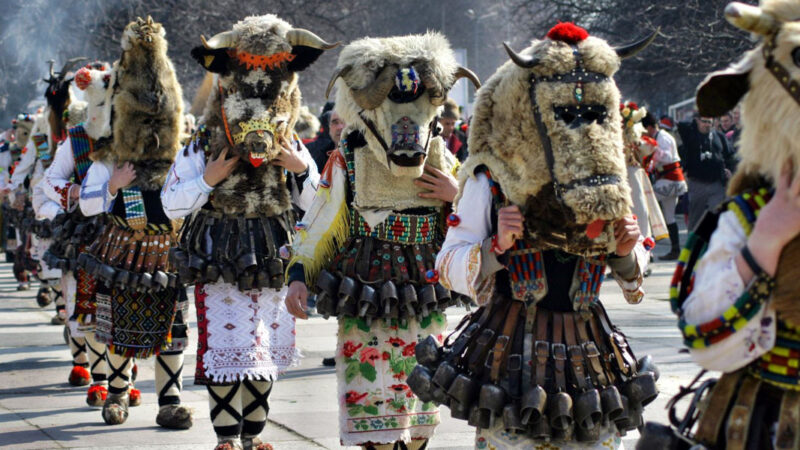
Bulgaria is a country that is steeped in history and culture, and its national holidays are a testament to this. These holidays are more than just days off work; they reflect the unique identity and spirit of the country. From the colorful and vibrant celebrations of Baba Marta Day to the solemn and reflective commemoration of Bulgarian Independence Day. Each holiday has its own distinct traditions and customs. The cultural significance of these holidays is evident in the way they are celebrated across the country. Locals and tourists alike coming together to partake in the festivities. This article will explore how Bulgarian national holidays reflect the country’s rich history and diverse cultural heritage. How they continue to play an important role in shaping the national identity and spirit of Bulgaria. So buckle up and get ready to delve into the fascinating world of Bulgarian national holidays!

